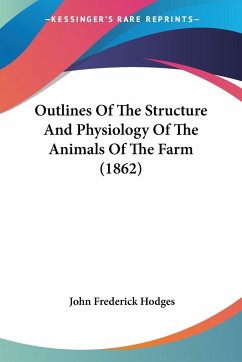
The Natural Philosophy of Love
Versandkostenfrei!
Versandfertig in 1-2 Wochen
16,99 €
inkl. MwSt.

PAYBACK Punkte
8 °P sammeln!
The Natural Philosophy of Love is an exploration of the prodigious sexual mores of Nature's creations. Translated with a postscript by Ezra Pound, Remy de Gourmont's "essay on sexual instinct" surveys the entire animal kingdom, describing the hermaphroditism of oysters, the cannibalistic amours of spiders, and many more curious natural phenomena. Blending zoology, poetry, and philosophy, the author's subversive erudition casts a dubious glance at anthropocentric morality, finding "there is no lewdness which has not its normal type in nature."












